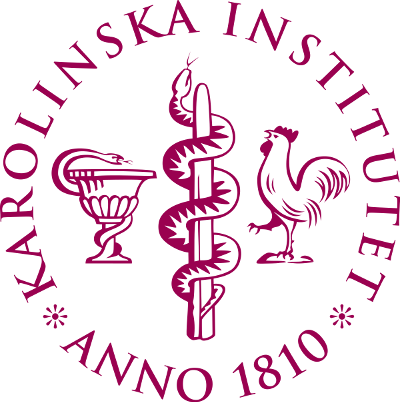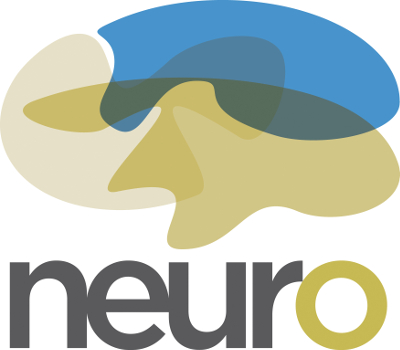Opher received his BSc and PhD from the Hebrew University and subsequently worked at Stanford, the Weizmann Institute and Oxford. His current interests at the Structural Genomics Consortium is enabling research on new drug targets and therapeutic hypotheses which emerge from disease genetics through the generation of protein structures, small-molecules and antibody reagents, and activity assays. His team in Oxford will clone and purify the ALS-linked proteins, which will be used for antibody generation.
Team
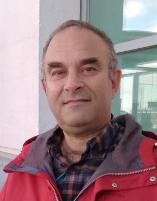

Susanne Gräslund did her PhD at the Royal Institute of Technology, Dept. of Biotechnology, in Stockholm, Sweden. After her dissertation in 2002 she worked a few years at a pharma company and then joined the SGC in 2005. She currently leads a research group at SGC Karolinska making recombinant antibodies for several SGC projects, now also including the ALS-RAP. The main methodology includes phage display selections using several combinatorial synthetic libraries that we have access to through a close collaboration with the Drug Discovery and Development group at the Science for Life Laboratory in Stockholm. Selected antibodies are then validated through a robust pipeline, first in high-throughput format against the purified antigens. Finally the best antibody candidates are tested for their ability to capture the full-length endogenous target proteins from cell lysates (or other complex biological materials) through Immunopecipitation followed by Mass Spectrometry (IP-MS).
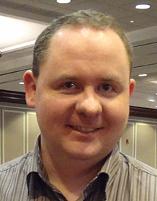
Dr Thomas M. Durcan is an assistant professor in the department of Neurology and Neurosurgery at McGill University and is a member of the Centre for Neurodegenerative disease group at the MNI. Tom obtained his B.Sc University College and his PhD in from the University of Notre Dame. For his postdoctoral research, he joined the Parkinson’s research group of Dr Edward Fon, were he focused on the function of deubiquitinating enzymes in Parkinson’s disease and other neurodegenerative disorders. His current research program is focused on the use of induced pluripotent stem cells (iPSCs) and mouse models to understand how specific pathways are affected in Parkinson’s disease and other neurodegenerative disorders. In addition to his academic appointment, Dr Durcan manages the new Brain Canada iPSC-CRISPR translational platform at the MNI, focused on providing iPSC-derived neurons for use in different academic and translational projects.
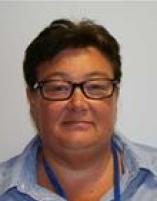
Tracy has worked for 12 years at the SGC, Harwell and Evotec, with an extensive expertise on protein expression, purification, analysis and crystallization. She has contributed to several crystal structures of protein kinases, bromodomains, and to the generation of antibodies in the EU-funded affinomics project. Tracy is tasked with purifying the antigens for the ALS-RAP project, as well as subsequent biophysical and structural analysis of the resulting antibodies.
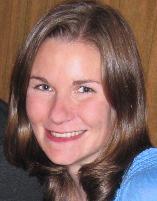
Carolyn Marks, PhD, recently joined Susanne Gräslund and the SGC Karolinska Antibody Production Team. Carolyn is a Neuroscientist with extensive research experience working on neurodegenerative diseases, especially amyotrophic lateral sclerosis (ALS). At SGC Karolinska, Carolyn will primarily produce and validate gold standard antibodies for the ALS Reproducible Antibody Platform. Carolyn will work in the Human Antibody Therapeutics facility at the Drug Development and Discovery Platform, SciLifeLab Stockholm to generate, identify, and characterize the highest quality, renewable, recombinant antibodies for prioritized ALS-relevant antigens and make them freely available to the ALS research community. For live updates, read Carolyn´s ALS Open Lab Notebook!

Helena is the head of Human Antibody Therapeutics (HAT) facility, part of the Drug Discovery and Development (DDD) platform at Science for Life Laboratory. Helena and her team have developed several state-of-the-art human combinatorial antibody libraries, from which high-quality binders can be obtained through phage display technology. In contrast to traditionally used methods to generate antibodies that rely on animal immunisations phage display is animal-free and yields recombinant antibodies, which are completely renewable and can be converted to any desired format depending on downstream application.

Dr. Peter S McPherson is a James McGill Professor of Neurology and Neurosurgery and Anatomy and Cell Biology at the Montreal Neurological Institute of McGill University where he is Director of the Neurodegenerative Disease Research Group. He received a Ph.D. in Neuroscience from the University of Iowa in 1992 working with Dr. Kevin P Campbell and performed post-doctoral training with Dr. Pietro De Camilli at the Yale University School of Medicine. Dr. McPherson’s laboratory uses biochemical, cell biological, molecular biological and structural approaches to identify and functionally characterize proteins involved in controlling the endocytic pathway. He has published pioneering papers using subcellular proteomics to study the molecular make up of clathrin-coated vesicles and has identified numerous links between endocytic membrane trafficking and disease, in particular neurological disorders. Dr. McPherson is a Fellow of the Royal Society of Canada.

I am a postdoctoral fellow at the Montreal Neurological Institute (Montreal, Canada) in the lab of Dr. Peter McPherson. We work on membrane trafficking and try to understand what goes wrong in these processes during neurodegenerative diseases. We believe that antibodies are often the source of contradictions in the literature. A better validation of antibodies is crucial to ensure data reproducibility. We believe that gene knockout is the best way to validate antibodies for different applications, such as Western blot and immunofluorescence. We really enjoyed participating into the ALS-RAP project.






